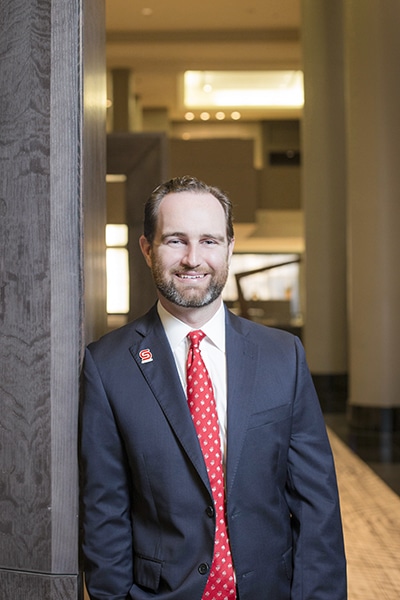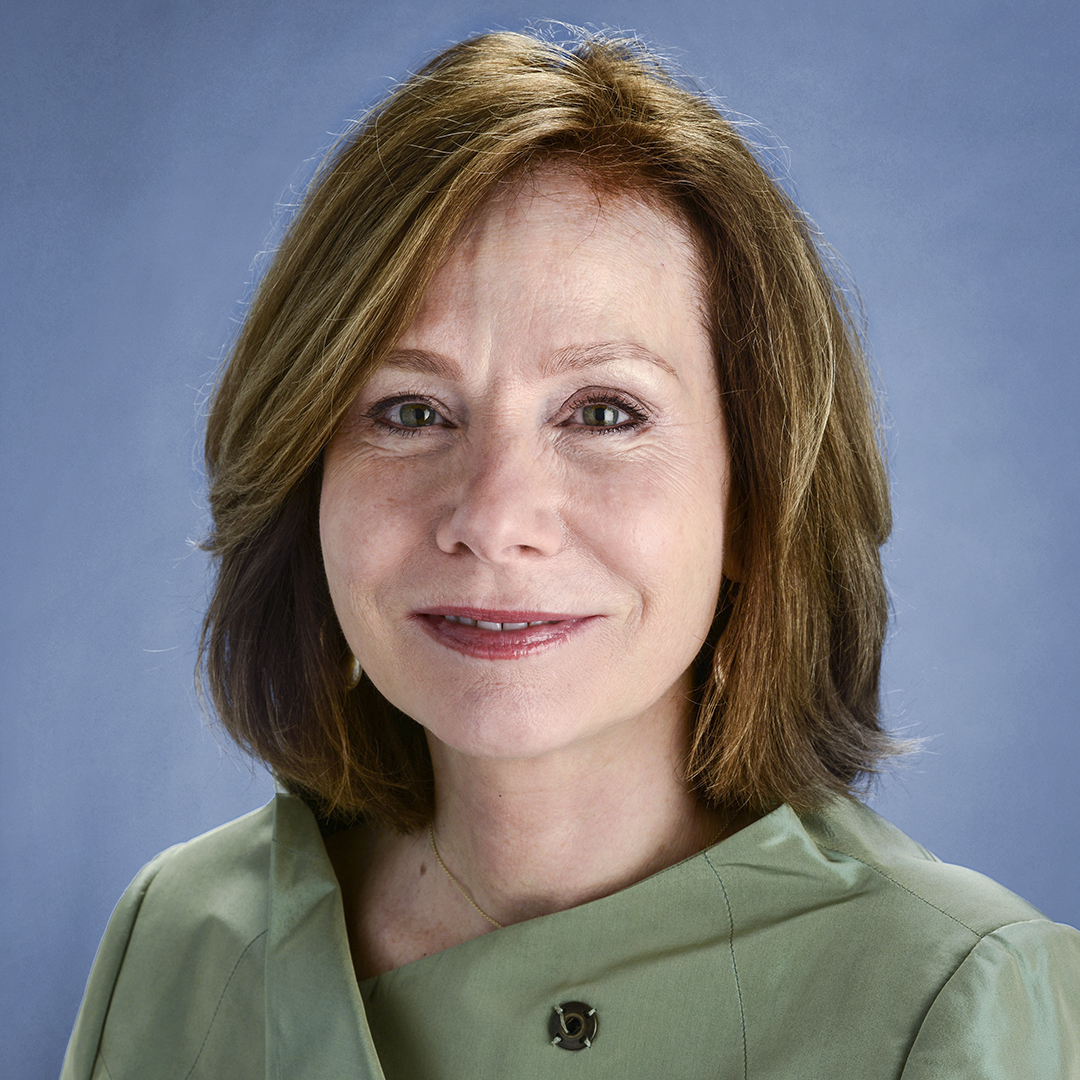James Quick started CrossFit the same day he became president at SimpliFi, nearly two years ago. He says, “I love challenges, and in the case of CrossFit and SimpliFi, I started two different things that seemed really foreign to me; but, watching them parallel over time and seeing the growth in each has been incredibly rewarding.” Quick admits he knew little about healthcare workforce management before taking over his role at SimpliFi—a healthcare workforce solutions company—but it’s precisely the president’s lack of familiarity with the traditional approach that has allowed him to effectively disrupt his own company’s business model, and better serve his customers’ continuously expanding needs.

While the president recognizes he has spent a relatively short time contemplating healthcare’s staffing challenges, he’s no stranger to expanding high-growth healthcare businesses, a skill that SimpliFi wanted to leverage. Before SimpliFi, Quick was part of a small team who launched an education services company and grew it to hundreds of employees operating all over the world. “I had a number of different leadership roles in that company but building and running the nursing education business is what got me hooked on the mission of healthcare,” Quick says. “So, when I was offered the SimpliFi position, I saw the similarities between my work in the past ten years and the opportunity to help SimpliFi disrupt and scale.”
Since taking on his role, Quick has used his outsider perspective to see the healthcare staffing industry through a completely different lens, transferring this mind-set to his team to tackle problems with new dexterity. “We’re disrupting our much larger competitors,” Quick says. “We have a different approach, and we’re nimble enough to address the challenges healthcare systems are having much more quickly.”
Additionally, thinking on a wider scale has been aided by SimpliFi’s building of an advisory board consisting of healthcare thought-leaders who have spent decades leading hospitals and health systems. “As we are making this major pivot in the services we provide, we needed a group of experts who knew us, knew our business, and had an intimate understanding of the dynamics of the healthcare workforce from the perspective of our customers,” Quick says. “They help us increase the speed and reduce the execution risk for the innovations we are bringing to the market.”
Early on, Quick realized that managed service providers were still fundamentally operating the way they had been from their genesis more than a decade ago. “The challenges health systems have attracting, retaining, and managing clinical talent have increased significantly, and doing this in an environment of decreasing margins is extremely difficult,” Quick says. “They are asking, ‘How can our MSP bring more value?’” We are responding to that in what we refer to internally as MSP 2.0.”
The answer to that question of value lies in working to become a more holistic service provider, the president says. “As health systems get larger and larger, you have a limited group of executives who need reliable partners to take on more and more responsibility.” SimpliFi’s future success relies on becoming a different type of workplace partner, which means it’s working to help build hospitals’ core nursing staff while managing the flexible staff options when demand calls for it. “There’s higher than a thirty percent turnover rate from nursing grads within their first two years,” Quick says. “We’ve created a new approach where SimpliFi provides the tools and the talent to transition newly graduated registered nurses into practice while decreasing non-productive time of the new grad and the burnout and incivility of tenured staff.”
“I saw the similarities between my work in the past ten years and the opportunity to help SimpliFi disrupt and scale.”
That new transition to practice program will go into effect in August 2019 with a statewide health system. “In most places, there are plenty of newly graduated nurses,” Quick says. “It’s a matter of turning those newly graduated nurses into competent professionals who remain with a health system.”
When it comes to flexible labor, Quick says SimpliFi serves as the single-point-of-contact for managing the temporary staff health systems rely on for spikes in census, FMLA leaves, EHR conversions, or specialized positions that require a full-time search. The president says, however, that most health systems are using more and more agency labor to simply fill unfilled permanent positions. Considering SimpliFi is a large provider of this service, it seems that increasing demand would be good to satisfy the company’s bottom line—but that’s not how the president sees it. “We’re trying to transform our own model by working to reduce the long-term reliance on agency labor,” Quick explains. “We want to help our customers use that service appropriately, while building their full-time nursing workforce.”
Throughout this progressive disruption, bringing diverse minds together has become a hallmark of SimpliFi, whose application process includes a two-hour psychometric evaluation that Quick describes as “half-SAT, half-Myers-Briggs.” The president says he’s sought out the best minds from healthcare and other companies like Amazon who are known to innovate, no matter how fundamental a “given” may seem. “We are a very hard place to work for because we want people who fit within our culture and are motivated to build something.” With a president who is willing to take on a new sport known for its high intensity on the same day he takes the reigns of the company, it’s no surprise that SimpliFi has bold goals to redefine the industry from the top down.


